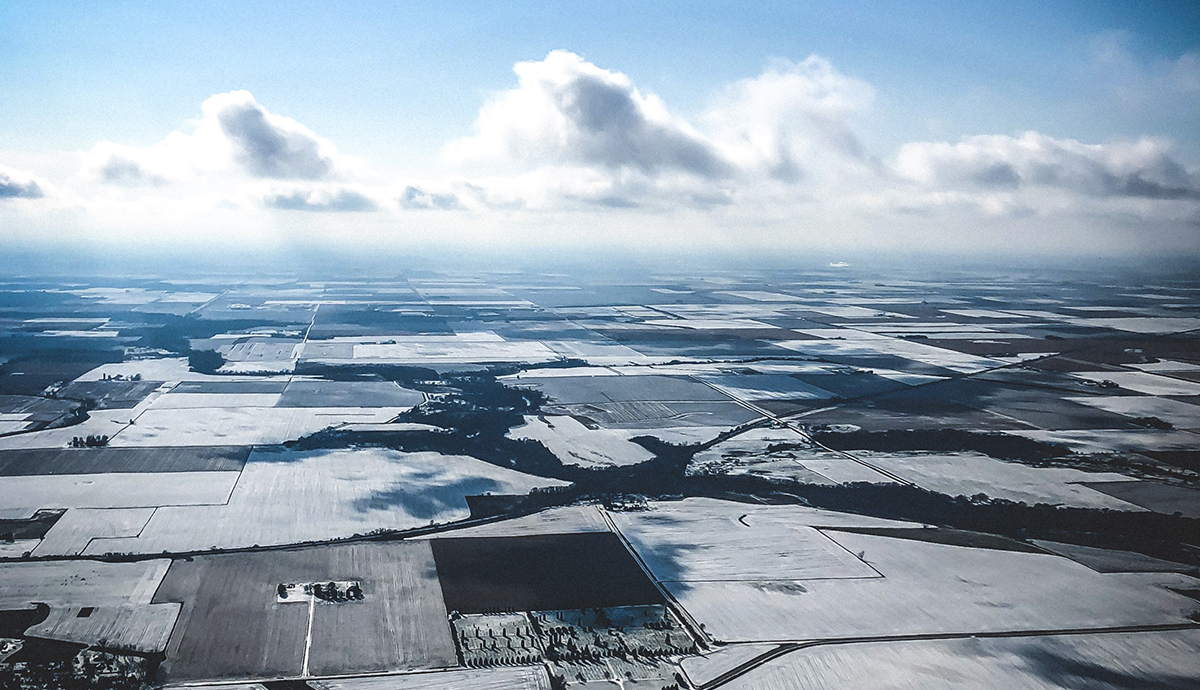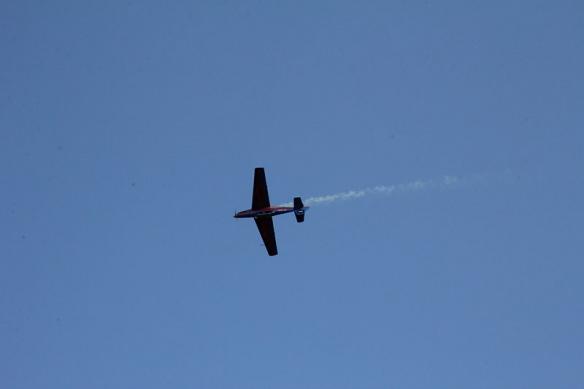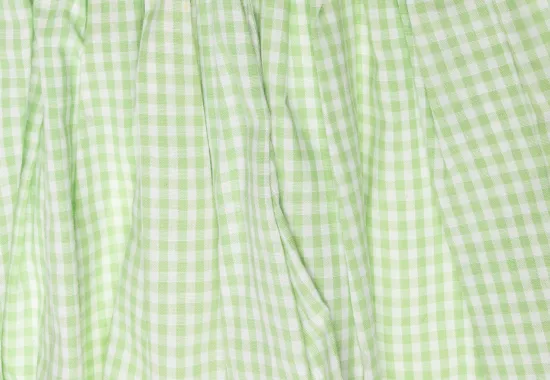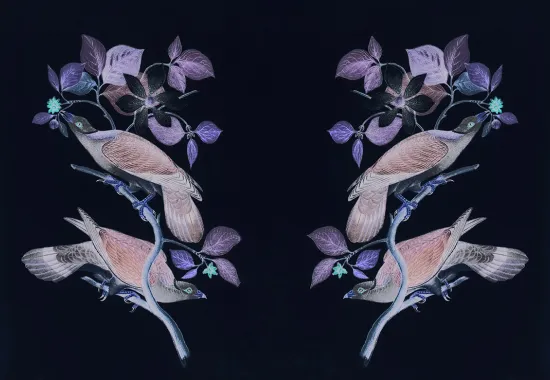A Poem in Flight: Memory and Truth
What a grave and fickle thing is memory. With little collaboration, it can betray or redeem. It can make of us the fool, the saint, the criminal, the victim. It can create itself anew, and be lost with none wise of its going. And then there are the daily duplicities—the facts that aren’t quite right, the images that are selective at best, invented at worst.
Fortunately for the poet, facts aren’t essential, and the slanted truth is often preferred to the straight. But who is immune to the alternate realities of another’s memory? Who can still the startling in his bones when a lover says, “No, your suit was blue and the sky was gray”, “It was the week before her funeral, and the one after our sheets were stolen from the Laundromat, and your keys fell through the storm grate at the park.”
Maybe she’s forgotten to take her birth control but remembered to feed the neighbor’s cat. Whose mind is a fit reference for the text? The poet’s challenge is to summon and refine the images that leave room for the motive beyond the lines. The whole story is rarely the ally of the finished poem. Even the best triggers are only that. There’s always a hand to play. How odd then when the subconscious deals the cards and filters memory’s deck to lay a spread of aces as if there is no joker.
It was with some alarm that I learned of my own family’s recollections of the event that triggered my poem “I Flew” published in NAR Issue 296.3. We agreed on the central event: an airplane flown by my father, a Vietnam veteran and Army pilot, suffered engine failure and dropped precipitously. The digression exists in the distinct details each of us recall. My sister, myself, and my stepmother were his passengers, yet I remembered nothing of my step-mother’s presence, only that there was someone in the co-pilot’s seat, and that someone was mysterious, maybe even foreign. They were newly married. The fact is she was mysterious and foreign! Though she was merely from Iowa not Nepal.
That my memory presents her as a nameless and blurrily faceless co-pilot seems its own metaphor of our relationship in the early days of our blended family—hardly comforting to the woman who would become the central parent of my young and adult life. While this hole in my memory is curious, who can explain my sister’s single memory of the day? She remained unaffected by our near-death experience. She has no late night kinetic visitations: her body falling through space; her belly thrust upward into her throat. No, she remembers standing between an airplane hangar and a pasture fence. She remembers petting goats, the sweet and enduring ecstasy of their coarse hair under her four-year-old palms, the smell of dry dirt and sod. For her the tragedy was not the plummet but the swift repair which had us buckled in and airborne, her friends left bleating in the runway dust.
And what did I recall of that day? Not the goats. Not my new mother. Not the hour of repair. My long trauma remains being thrown from my father’s lap when the plane sputtered and began its awful descent. It was the central metaphor of my youth—the soldier-father doing what he knew to do, the child who felt safe but rarely cherished. Certainly there are worse tragedies of childhood. We were disciplined by quiet but painful tweaks on the collarbone, and had to find our praise between his long silences and muted acknowledgements.
It was around this time my sister raised a stinking brood of chickens in her bedroom, and could be found by sunset asleep in the hay-filled bed of our two Labrador retrievers, a spot that must have smelled only slightly better than her room. For this she had my father’s eye, and his heart. Which is not to say I didn’t. But I spent the heart of my youth trying metaphorically to get back in his lap as he flew. So it is that my poem and my memory have made no room for the goats, the hot field and its metal hanger, or the woman in the co-pilot’s seat who would spend the next several years trying to convince a broken girl that someone loved her.
Melissa Dickson’s collections include Cameo (2011) and Sweet Aegis, Medusa Poems (2013). Her poems can be found in Shenandoah, North American Review, Southern Humanities Review, Cumberland River Review, Southern Women’s Review, Literary Mama, and Gravy (from the Southern Foodways Alliance at the University of Mississippi). She is a Pushcart Nominee for both Shenandoah and Cumberland River Review. She currently serves as associate editor for an anthology of Georgia poems to be published by Negative Capability Press in 2015 (send your submissions to Ganthed@gmail.com). Melissa is featured in issue 296.3, Summer 2011.
Recommended
The Shirt
After Hearing David Rothenberg Sang with Birds
Frothing Pink Poodle Droppings







